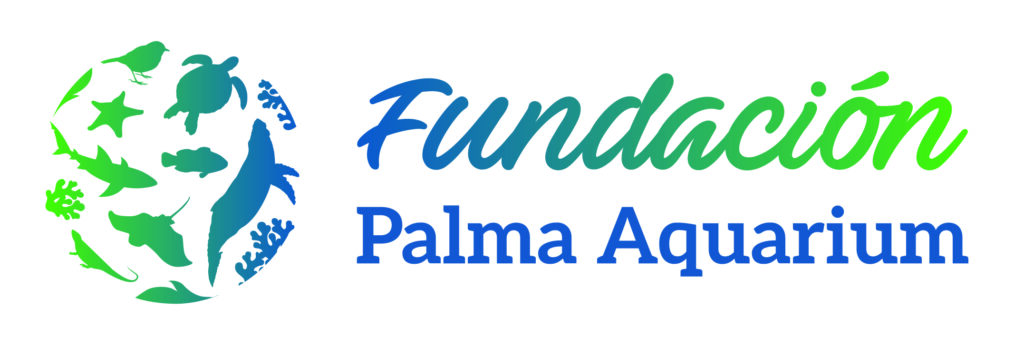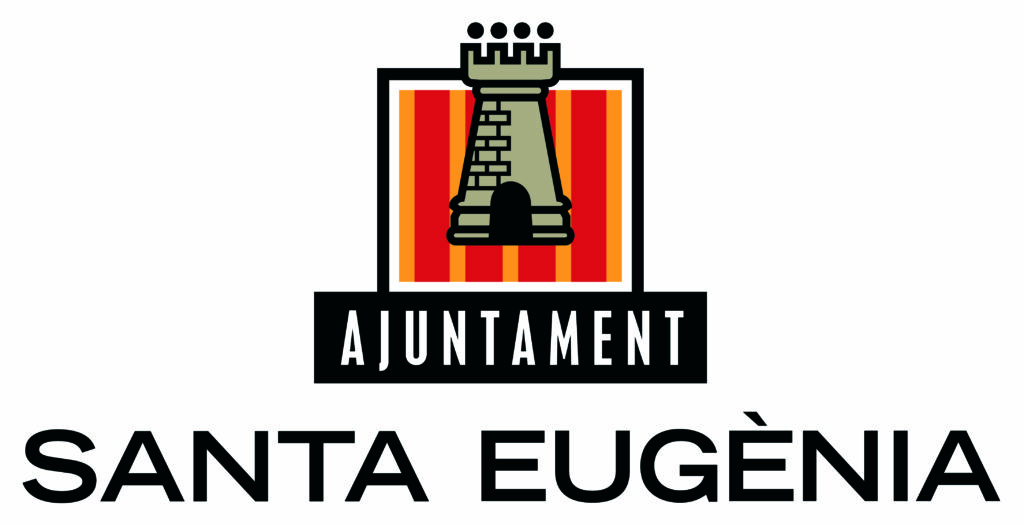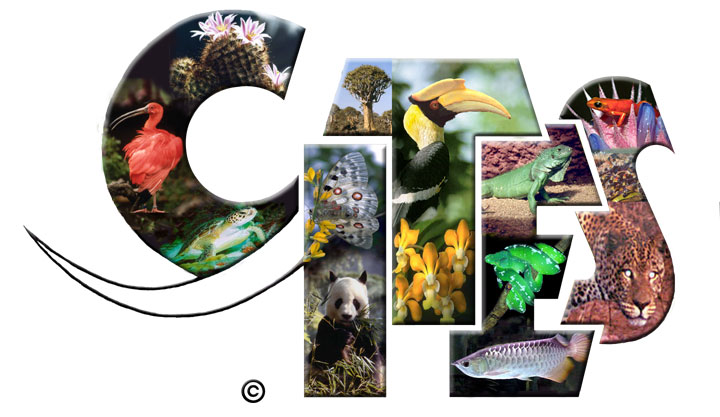The following guidelines for food and water are only for the first 24 hours after finding the animal. This diet does NOT provide adequate nutrition for the animal’s well-being. If you continue this diet over a longer period, the animal risks serious and irreversible issues with its metabolism.
Hydration
You only need to be concerned about hydrating animals during the summer or if they are ill or injured and need hydration.
Put a couple of drops of water on the bird’s beak using a syringe or your finger.
For small birds, use a sugar-water solution (add a teaspoon of sugar to a glass of water). You can also use a shop-bought sports (isotonic) drink or make one at home by mixing a piece of orange, a piece of lemon, two drops of honey, a pinch of salt, half a pinch of bicarbonate of soda to a glass of water.
Give water (or sugar water or sports drink) every 2 hours or so, depending on how the bird is doing.
For mammals, provide a bowl or other container with water or with one of the two options provided above.
*Never put water or food directly into the mouth or beak: it can go down the trachea and drown the animal.
*Don’t leave water containers for a long time, as they can crack, the animal will get wet and may get hypothermia.
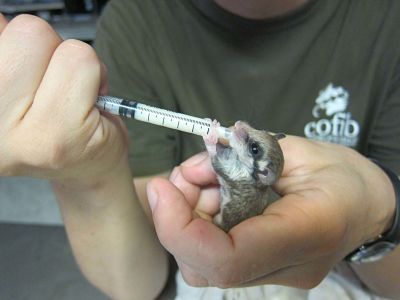
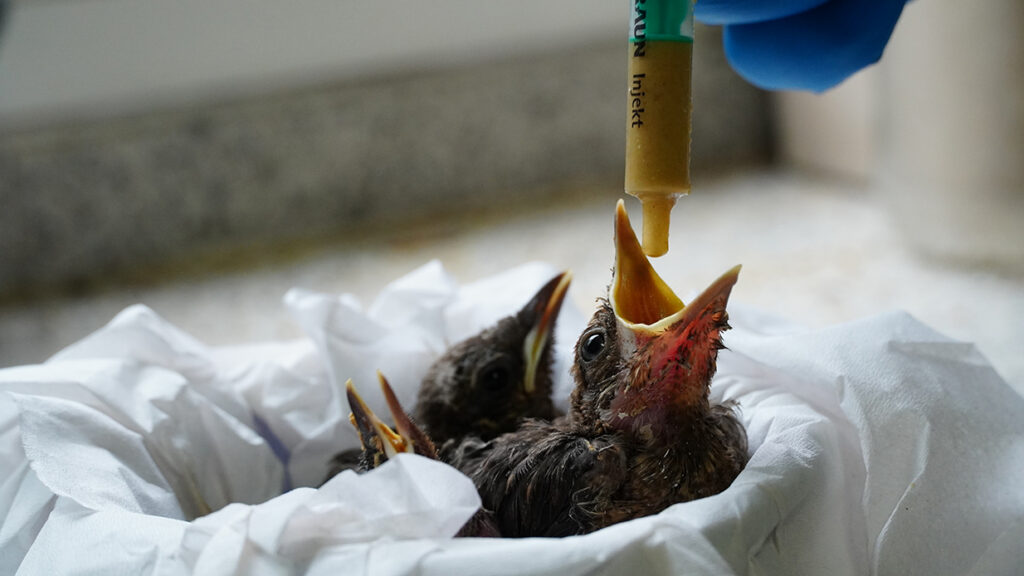
Food
Birds:
*Check to see whether the crop (a muscular pouch on the front of a bird’s neck where they store food) is full. It must be completely empty before giving them food.
Granivores (e.g., sparrows, goldfinches, greenfinches, etc.): seeds, birdseed, millet, cereals, baby food, porridge…
Insectivores (e.g., blackbirds, swifts, warblers…): worms, crickets, dog or cat food soaked in water, bird feed for insectivores…
Birds of prey: Raw meat, minced or chopped into very small pieces.
Seabirds: Small pieces of raw fish in small pieces, raw chicken/turkey breast cut into in strips.
Hedgehogs:
*It is very important that infant hedgehogs are admitted as early as possible to the centre. Incorrect feeding or insufficient warmth can lead to diarrhoea and death.
Weaned hedgehogs: Wet cat food, dry cat food soaked in water, minced meat…
Infant: Cat milk every two to three hours. Do not give them any other types of milk or drinks.
Carnivores:
Feed them raw meat. Ensure it doesn’t contain small bones that could choke (e.g. chicken or rabbit bones).
Other infants (rabbits/hares):
Cat milk every two to three hours. Do not give them any other types of milk or drinks.






